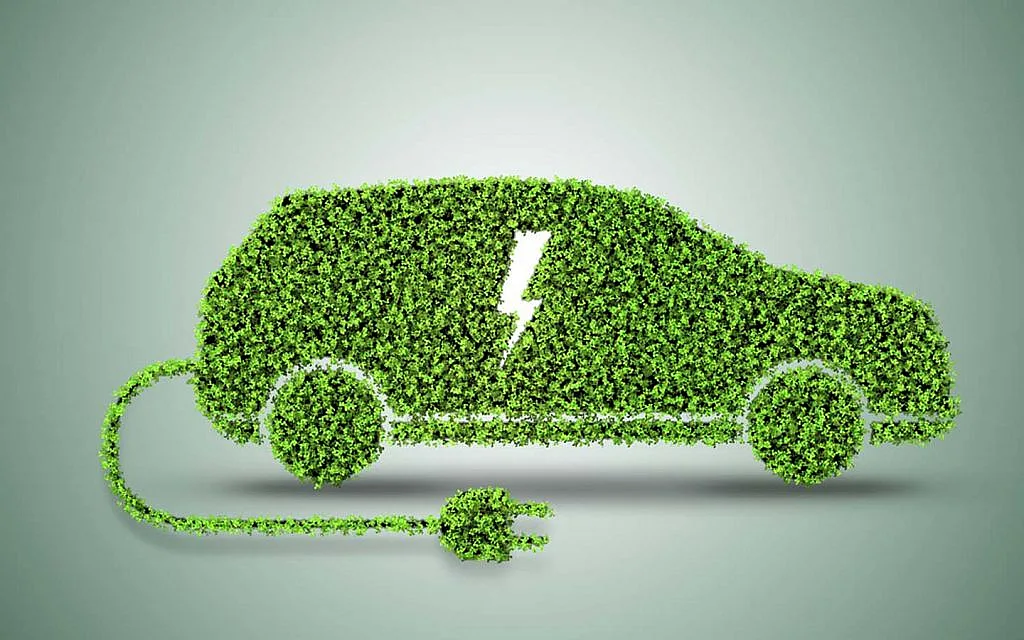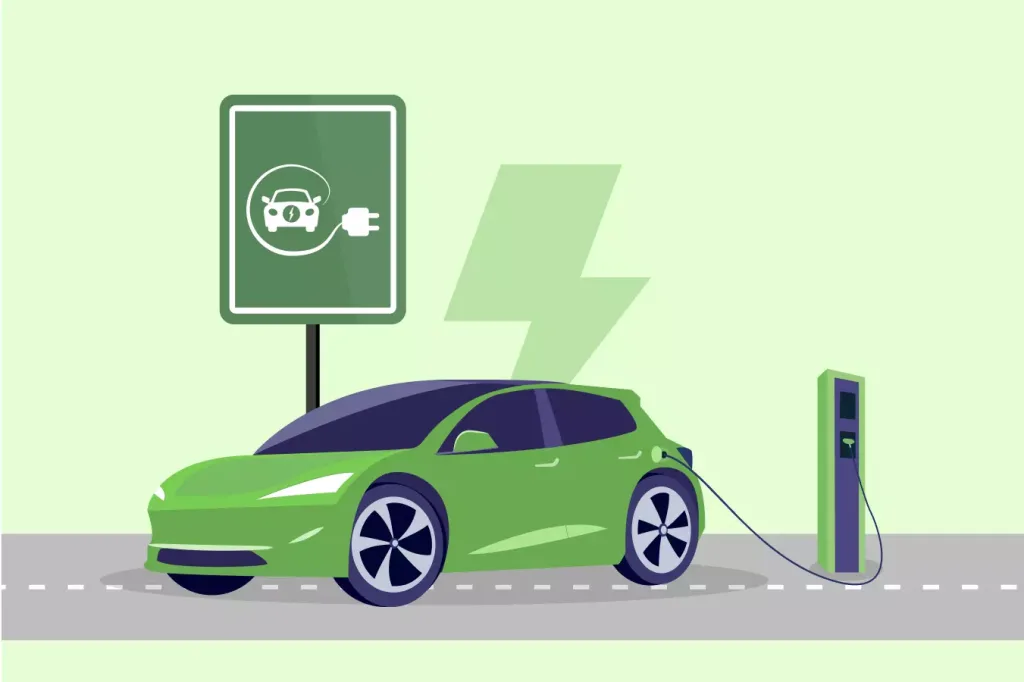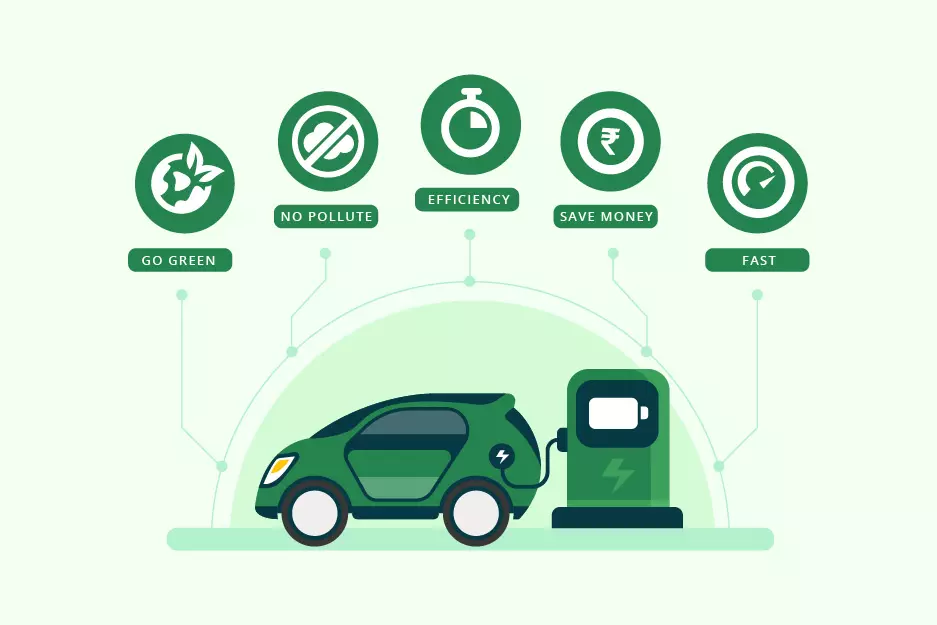In a decisive policy stance that reveals India’s EV policy and its nuanced approach to foreign investment in the burgeoning electric vehicle sector, Commerce Minister Piyush Goyal has drawn a clear line in the sand: Chinese automaker BYD faces restricted market access while American EV giant Tesla receives an enthusiastic welcome. This selective approach underscores India’s strategic priorities as it navigates complex geopolitical relationships while pursuing its ambition to become a global EV manufacturing hub.
“India has to be cautious about its strategic interests, who we allow to invest,” Goyal stated plainly. “As of now, it is a no” to BYD, he emphasized, referring to the Chinese automotive giant that has rapidly expanded its global footprint in recent years.
The Cautious Welcome: Balancing Openness and Strategic Interests
India’s approach reflects a delicate balancing act between attracting global EV technology and protecting its strategic interests. The rejection of BYD’s proposed $1 billion investment with a local partner follows a similar pattern where another Chinese automaker, Great Wall Motor, exited India after failing to secure regulatory clearances.
This cautious stance comes despite recent signs of warming relations between India and China, suggesting that concerns about technology transfer, economic dependency, and national security continue to influence India’s investment policies, particularly in strategic sectors like mobility and technology.
Meanwhile, the government has been actively courting Tesla, with reports suggesting that regulatory changes have been made specifically to pave the way for the American automaker’s entry into the Indian market. This contrasting approach reveals India’s preference for partnerships with Western manufacturers over Chinese ones in the EV space.

The Tariff Puzzle: Protecting Domestic Industry vs. Attracting Global Players
India’s EV investment strategy exists within the broader context of its automotive tariff policy, which presents both opportunities and challenges for foreign manufacturers looking to enter the market:
| Country | Import Duty on Fully Built Vehicles | Notes |
|---|---|---|
| India | 100% | Highest among major economies |
| United States | 2.5% | Significantly lower barrier to entry |
| Germany | 10% | Standard EU import levy |
| China | Up to 25% | Variable based on vehicle type |
“India has a lot of elbow room for trade deals with developed nations,” Goyal noted, while adding that the country will remain cautious about “dumping” from China – a term that refers to the practice of selling products in foreign markets at prices below their production costs.
The Global Context: Shifting Trade Relationships
Goyal’s statement comes at a particularly significant moment in global trade relations. On the same day, US President Donald Trump threatened additional 50% import taxes on Chinese goods if China did not withdraw its planned retaliatory tariffs – highlighting the increasingly complex web of trade relationships that India must navigate.
As free-trade talks with the US and the European Union progress, India faces mounting pressure to open its automotive market to foreign manufacturers. However, the government appears committed to maintaining its selective approach, prioritizing partnerships that align with its strategic interests while keeping protectionist measures in place against others.

A Vision for India’s EV Future
Despite the high entry barriers, India’s vision for its electric mobility sector remains ambitious. The government aims to position the country as a global hub for EV production, focusing particularly on affordable electric vehicles and compact SUVs priced below $25,000 – segments where domestic manufacturers currently excel.
This focus aligns with India’s unique market conditions, as Goyal acknowledges: “India is a different story. Buying behaviour, per capita income, and driving habits are all different. We must create our reference point.”
The government has been ramping up incentives for EV production, aiming to create an ecosystem that supports both domestic innovation and selective foreign partnerships that bring in technological expertise without threatening local interests.
Also Read: Why the Maruti Suzuki e-Vitara Is a Big Deal?
FAQs: India’s Strategic Approach to electric vehicle Investments
Why is India saying ‘no’ to BYD while courting Tesla?
India is taking a cautious approach to Chinese investments due to strategic concerns, despite recent signs of improving bilateral relations. The government appears more comfortable with Western partnerships in the EV sector, reflecting broader geopolitical considerations and concerns about dependency on Chinese technology in strategic industries.
How do India’s automotive import duties compare to other countries?
India imposes a 100% duty on fully built vehicles, which is significantly higher than other major automotive markets. The US charges 2.5%, Germany 10%, and China up to 25%. These high tariffs have historically protected domestic manufacturers but also create barriers for foreign companies wanting to enter the Indian market.
What is India’s vision for its domestic EV industry?
India aims to become a global hub for electric vehicle production, focusing particularly on affordable electric vehicles and compact SUVs priced below $25,000. The government is increasing incentives for EV production while selectively allowing foreign investments that align with its strategic interests.
How are domestic automakers responding to potential foreign entrants?
Indian automakers like Tata Motors and Mahindra & Mahindra have resisted tariff relaxations that might allow foreign competitors to undercut them on price. They are simultaneously investing in developing their own electric vehicle capabilities to maintain their market position as the sector evolves.
Is India’s EV policy likely to change in the near future?
While India is engaged in free-trade talks with the US and European Union that may create pressure for change, the government remains committed to protecting domestic interests. Any policy evolution is likely to be gradual and selective, with different approaches for different countries based on strategic considerations.

The Road Ahead: Implications for Global and Local Players
India’s selective approach to electric vehicle investments signals a new chapter in the country’s industrial policy – one that aims to balance openness to global technology with protection of domestic strategic interests. For global players, the message is clear: India welcomes foreign investment, but on its own terms and with consideration for its unique market conditions and strategic priorities.
Tesla may find opportunities to enter the market through India’s EV policy accommodations, while Chinese manufacturers like BYD will likely continue to face significant hurdles despite their competitive advantages in EV technology and pricing.
For domestic manufacturers, this approach provides continued protection against unfettered foreign competition while creating pressure to accelerate their own electric vehicle development to meet growing consumer demand. The challenge for India’s EV policy makers will be maintaining this delicate balance – encouraging enough global participation to drive innovation and competition while supporting the growth of domestic capabilities.
As the global electric vehicle landscape continues to evolve, India’s strategic positioning reflects its growing confidence in charting its own unique path to electric mobility – one that recognizes the importance of global interconnection but remains firmly anchored in national priorities and interests.


